3-Chloropyridine CAS:626-60-8
3-Chloropyridine serves various purposes across different industries due to its structural versatility and reactivity. In the pharmaceutical sector, it acts as a crucial intermediate for synthesizing pharmaceutical ingredients, drug candidates, and biologically active compounds. Its chlorinated pyridine framework allows for the introduction of functional groups and structural modifications necessary for enhancing drug potency, selectivity, and pharmacokinetic properties. Moreover, 3-Chloropyridine finds applications in the agrochemical industry for manufacturing pesticides, herbicides, and fungicides with potent pesticidal activities and environmental safety profiles. Its chloropyridine scaffold confers bioactivity and target specificity to agricultural chemicals, making them effective tools for crop protection, pest management, and disease control in agriculture and horticulture. In addition, this compound is utilized in material science for designing specialty chemicals, polymers, and dyes tailored for various industrial applications. Its compatibility with diverse synthetic routes enables the creation of functional molecules with specific properties such as electron-donating or electron-withdrawing groups, allowing for the customization of materials with desired performance characteristics. Furthermore, 3-Chloropyridine plays a significant role in research laboratories and academic studies as a reagent for investigating organic transformations, heterocyclic chemistry, and drug discovery. Chemists leverage its reactivity and versatility to explore novel synthetic pathways, develop innovative chemical methodologies, and probe the structure-activity relationships of biologically active molecules. Additionally, this compound finds use in analytical chemistry for preparing calibration standards and reference materials for chromatographic analysis, spectroscopic techniques, and chemical assays. Its high purity, stability, and well-defined structure make it suitable for quantifying organic compounds, identifying unknown substances, and validating analytical methods in quality control, environmental monitoring, and forensic analysis. Overall, the diverse applications of 3-Chloropyridine underscore its importance as a versatile compound in pharmaceuticals, agrochemicals, materials science, research, and analytical chemistry. Its role as a building block, intermediate, and reagent highlights its significance in driving innovation and progress in various industrial and scientific domains, contributing to advancements in drug discovery, crop protection, materials technology, and chemical analysis.
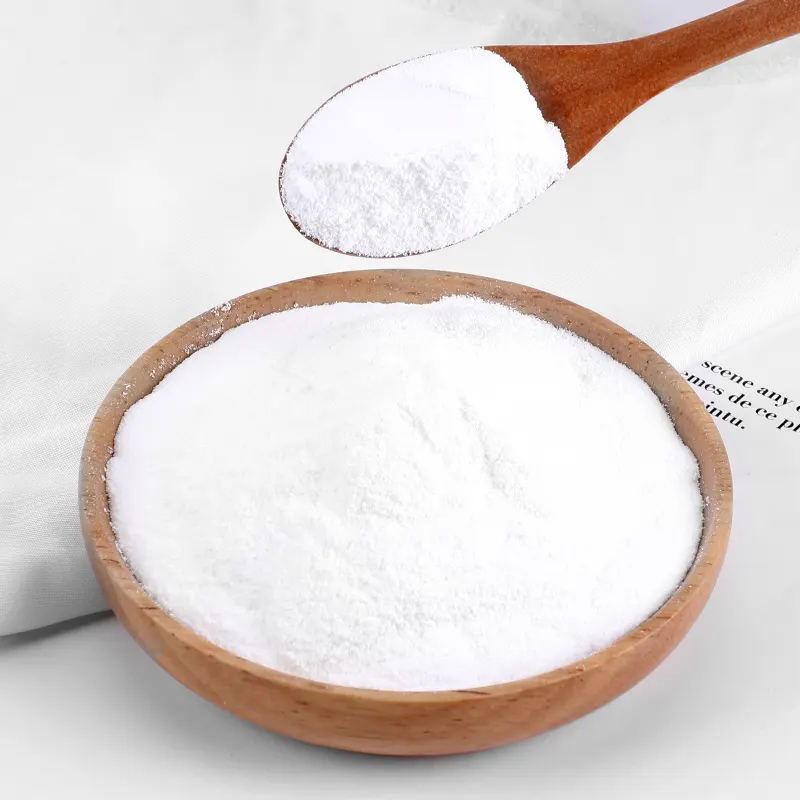
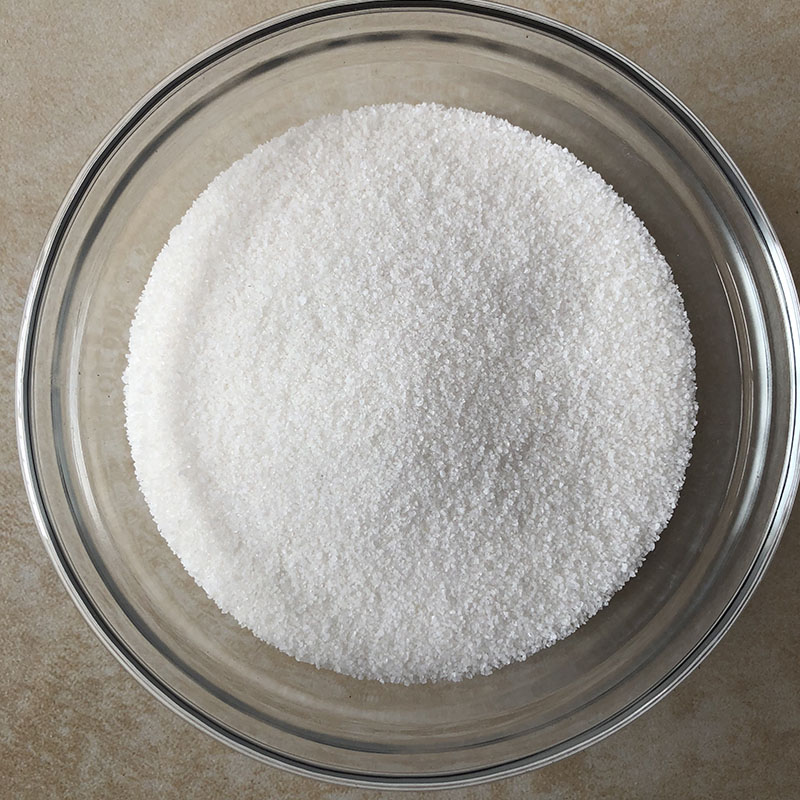

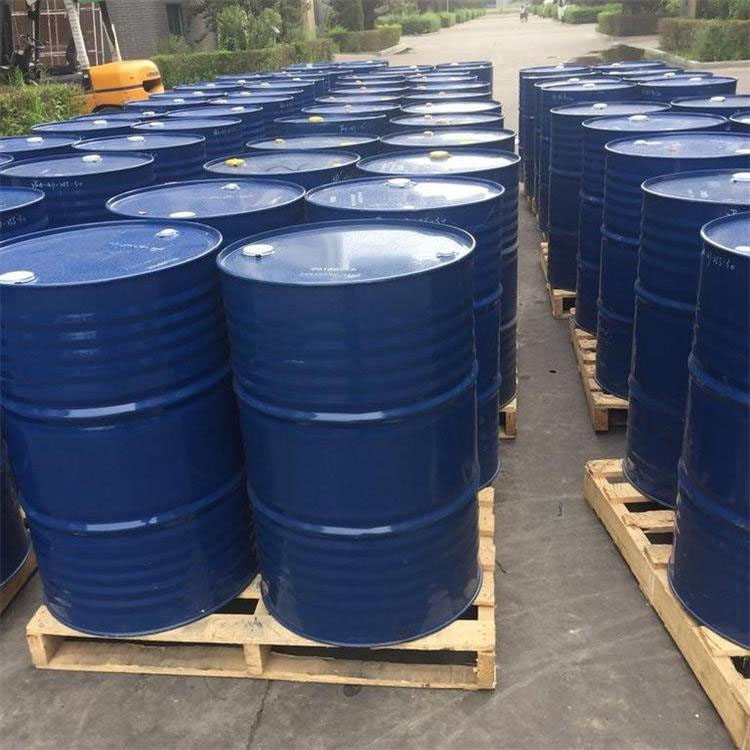
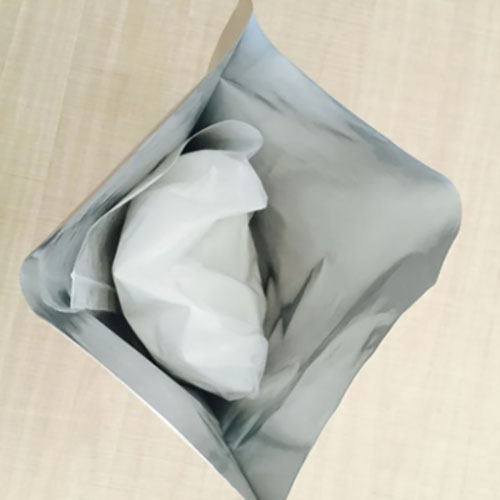
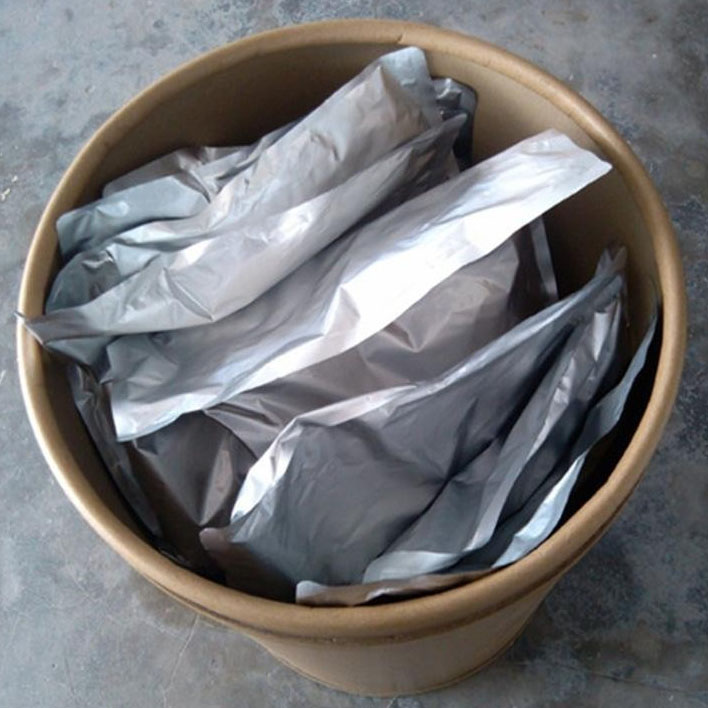
| Composition | C5H4ClN |
| Assay | 99% |
| Appearance | white powder |
| CAS No. | 626-60-8 |
| Packing | Small and bulk |
| Shelf Life | 2 years |
| Storage | Store in cool and dry area |
| Certification | ISO. |


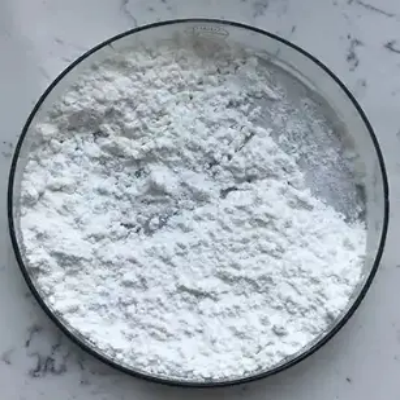
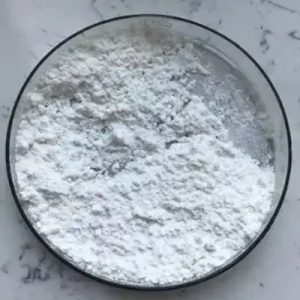

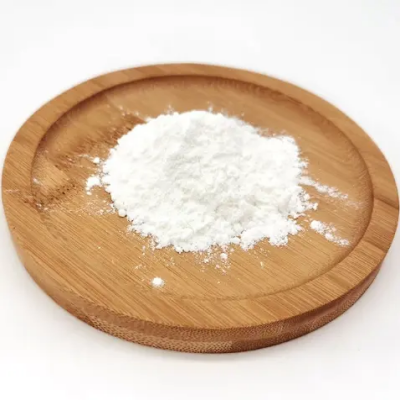
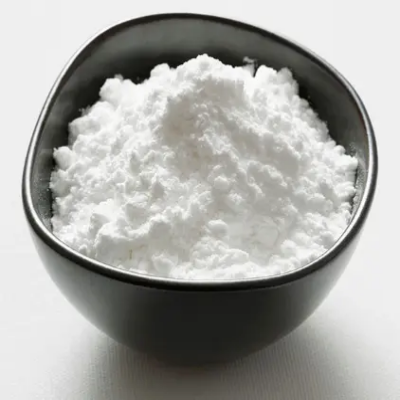
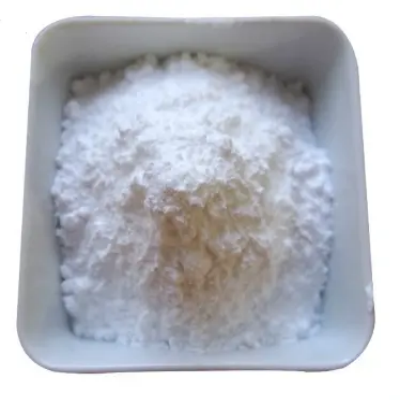
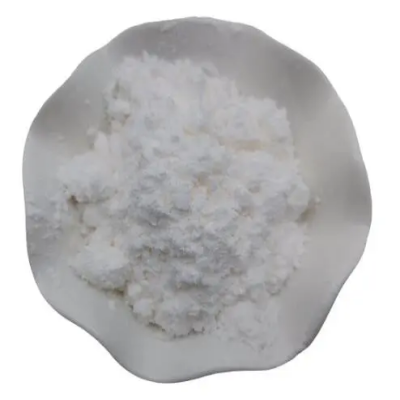
![Calix[6]arene CAS:96107-95-8](https://cdn.globalso.com/xindaobiotech/629P2CZ3TH9SERL21ONG90.png)